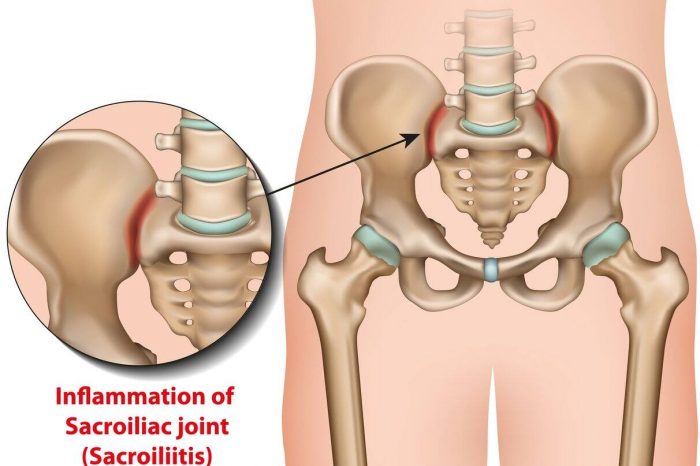Multiple Sclerosis Sufferers

How to Manage the Symptoms of Multiple Sclerosis (MS)

MS is a chronic disease characterized by progressive disability. During the course of MS, more than half of patients experience some degree of pain. Some sufferers experience frequent or constant pain. The pain may be sharp, stabbing, or intermittent. It usually affects one side of the body at a time. Some people also experience numbness in one or more limbs. The facial muscles may twitch. Other symptoms include fatigue, nausea, and vomiting. Some of these symptoms are aggravated by hot baths, exposure to sunlight, or stressful situations.
Physical and occupational therapy can help patients manage their symptoms and continue with their daily routines. A physiotherapist will design exercises to help improve movement, while an occupational therapist will provide tips on how to manage stiffness and spasms. Aqua therapy can also be beneficial for some patients. Speech and language therapy can help people who have trouble speaking. Depending on the symptoms and stage of the disease, a dietitian may also offer advice on diet.
People with MS should be sure to maintain a healthy diet that includes fruits and vegetables, whole grains, and lean protein. While some medications can cause adverse effects, MS sufferers should avoid adding sugar and unhealthy fats to their diets. Regular physical activity is important to maintain muscle strength and nerve function. While some treatments have limited success, most people with MS can live an active life, and exercise is an essential part of managing the disease.
An exercise programme can help to maintain flexibility and help the person perform everyday activities. Occupational therapists may also prescribe assistive equipment to help people maintain their independence and function. A balanced diet is also important for people with MS. Counseling can help manage stress and anxiety, and support groups can be an invaluable source of assistance. These services can help people cope with the disease. How to Manage the Symptoms of Multiple Sclerosis
The symptoms of MS are similar to those of other nerve disorders. Therefore, a person with MS should consult a neurologist to ensure that there is no underlying disease. A neurologist will ask about your medical history, as well as examine your nerves and check for signs of nerve damage. An MRI will help the physician to understand the structural condition of your body. A neurologist will also help you deal with any anxiety or depression.
During an MS attack, some people may experience visual impairment. Double vision and involuntary rhythmic eye movements are common. Others may have difficulty walking, and may experience sexual dysfunction. Although the condition is rarely fatal, the symptoms can be debilitating. A patient with multiple sclerosis must make their lives as comfortable as possible. During an MS attack, he or she may be unable to speak, see, or touch.
Symptoms of multiple sclerosis range from a limited physical ability to cognitive and emotional problems. Several medications are available to ease the symptoms of MS. In addition, an exercise programme can help maintain muscle flexibility and reduce muscle stiffness. Using aids to walk and balance is another good way to maintain a healthy lifestyle. Moreover, it is important to learn to cope with stress. Occupational therapy and physical therapy are essential to manage fatigue and cope with the disorder.
Symptoms of multiple sclerosis can vary widely, with some people experiencing more severe symptoms than others. However, a person with MS should consult a medical professional who can help them make a diagnosis. There is no standard pattern for the disease but there are four major patterns of symptoms: primary progressive multiple sclerosis, secondary progressive multiple sclerosis, and relapsing. Typically, a patient will experience gradual progressive disability over several years.
Symptoms of multiple sclerosis are often unpredictable, and management is essential to keep the condition under control. Physiotherapy and occupational therapy can help patients maintain muscle and nerve function. Occupational therapy is particularly helpful for people with limited mobility. A therapist will provide advice on a daily schedule and how to get around. Some individuals also find counselling useful. It can help them cope with their disease and cope with the loss of a normal life.






